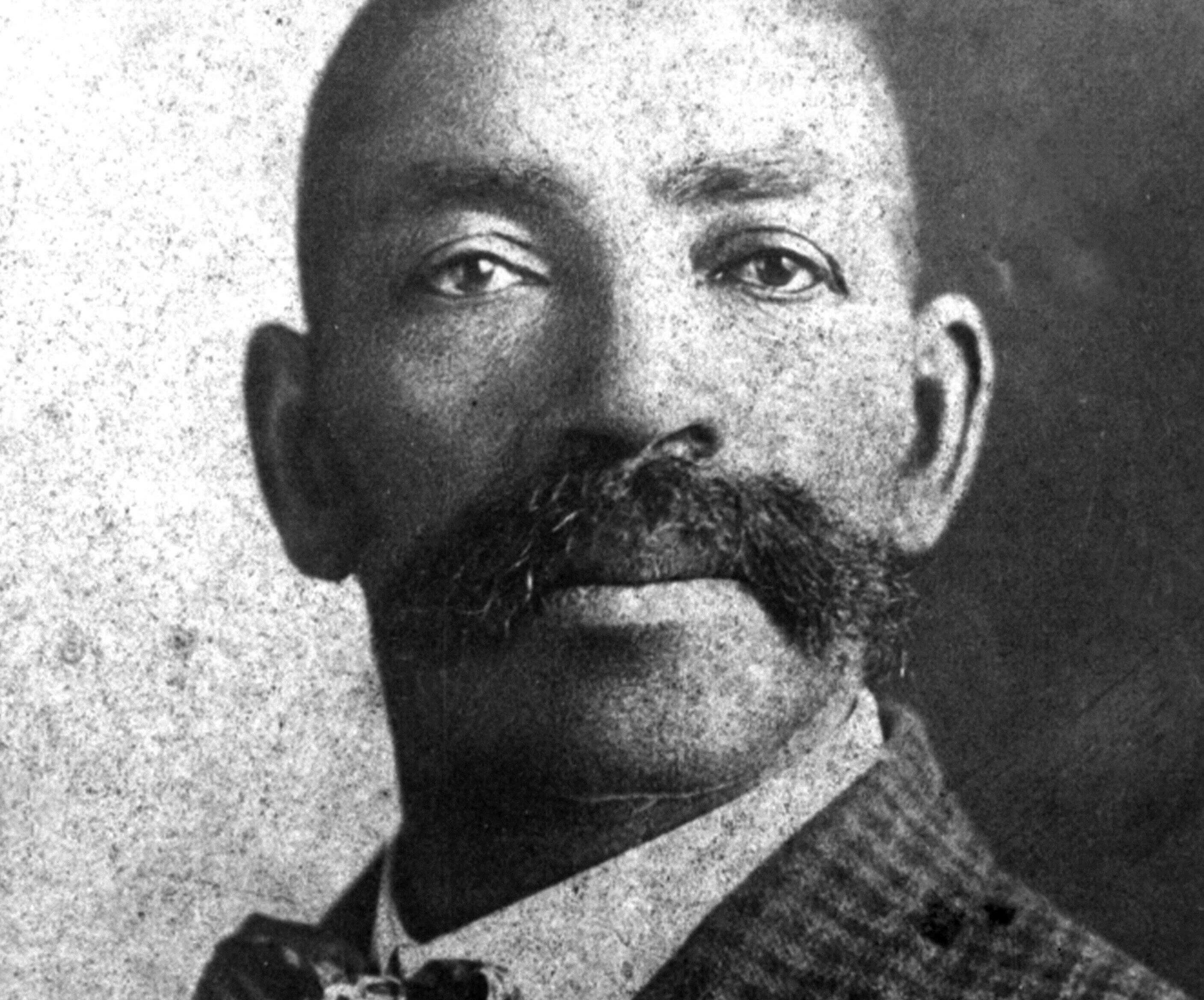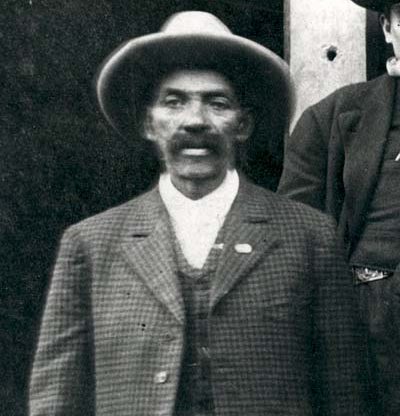In the seventh episode of Paramount+’s Western series ‘Lawmen: Bass Reeves,’ Deputy Marshal Bass Reeves and his posseman Billy Crow set out to arrest Moody O’Neil with a cook named Willy Leach. While returning to Fort Smith, Arkansas, with Moody, the group spends their night in a valley, only for Leach to free the captive. When Bass demands an explanation from the cook, he blames the deputy marshal for being a “slavecatcher.” The unsettled Bass shoots down Leach thinking that the cook was going to draw his gun against the former. As the historical show depicts, Bass was really arrested and tried for the murder of a cook named William Leach.
William Leach’s Murder
William Leach was a cook who accompanied Bass Reeves and his companions when the same set out to arrest outlaws/criminals. On April 9, 1884, the group was camping near Cherokee Town in the Chickasaw Nation, located in the present Garvin County, Oklahoma. Leach was shot by Bass a while after the two allegedly fought, as per historian Art T. Burton’s book ‘Black Gun, Silver Star: The Life and Legend of Frontier Marshal Bass Reeves.’ According to Bass, a cartridge got lodged in the lawman’s rifle and he tried to extract the same, only for the gun to go off and kill Leach. Although Bass sought the help of a doctor to save the cook, the latter eventually died.

Bass was arrested for murder and placed in a federal jail after he was relieved of his duties as a deputy marshal. He had to wait for two years to get finally tried. When Bass was questioned during the trial, he provided more details. “[While] examining my gun I found I had a .45 cartridge in the magazine and I couldn’t throw it up in the barrel. I was down on my knee and had the Winchester laying up this way. I reached my hand in my coat pocket and got my knife and put my hand back this way and either my knife or hand struck the trigger and the gun went off,” he testified.
In the show, Bass shoots down Leach after a confrontation concerning the former arresting black people despite being one himself. This is seemingly a fictional detail. None of the witnesses who appeared before the jury in the trial talked about such a confrontation regarding the arrests of black individuals. John Brady, a relative of the lawman, gave a detailed outline of the incident while testifying as a witness. “We stopped at night to camp and had a dog along and he was eating some meat out of a skillet. Bass told Leach to not let the dog eat the meat out of the skillet, he drove him away… Leach replied that if he killed the dog, he (Leach) would kill him (Bass) or his grey horse. Bass got his gun and was putting a cartridge in it and it went off and shot Leach,” Brady testified.
The Verdict and the Aftermath
When Bass was asked whether he intended to kill Leach, the lawman replied that he didn’t. Judge Isaac Parker presided over the case and at the end of the trial, he read the verdict. “We the jury find the defendant not guilty as charged in the written indictment.” Nudie E. Williams, a prominent historian and a professor who taught at the University of Arkansas, analyzed the jury’s verdict to find out why Bass was acquitted of his charges. He noted that the prosecution’s witnesses were mostly ones who were previously arrested by Bass one or more times, which made their testimonies less credible.

“The deputy’s reputation with a rifle was well known; if he had intended to kill Leach there is little doubt that he would have died instantly. Reeves made every effort to provide prompt medical attention for his wounded employee, especially under the circumstances. And finally, Reeves made no attempt to leave the country in the two years after the indictment and continued to perform assigned duties with his usual efficiency,” Williams’ analysis reads, as per Burton’s book.
Bass sold his home in Van Buren, Arkansas, in 1887. Burton observed that he did the same to pay the fees of his attorneys. Although the exact date is not available, Bass was eventually recommissioned as a deputy marshal.


You must be logged in to post a comment.